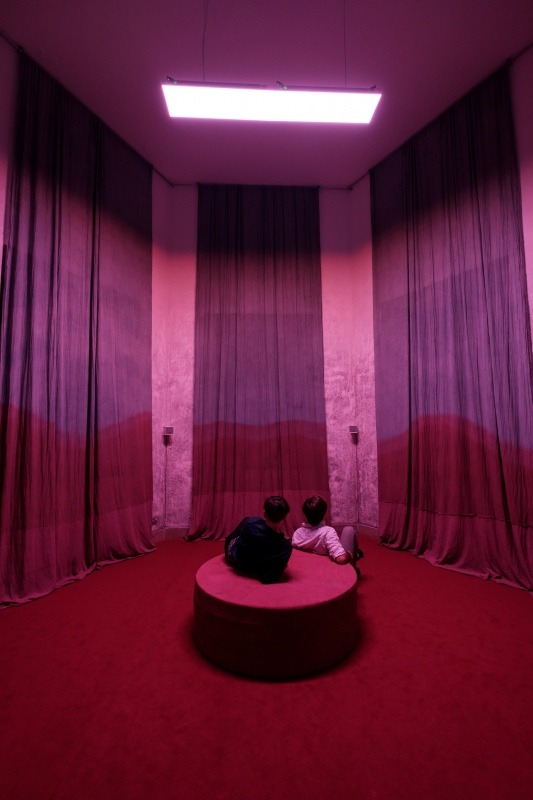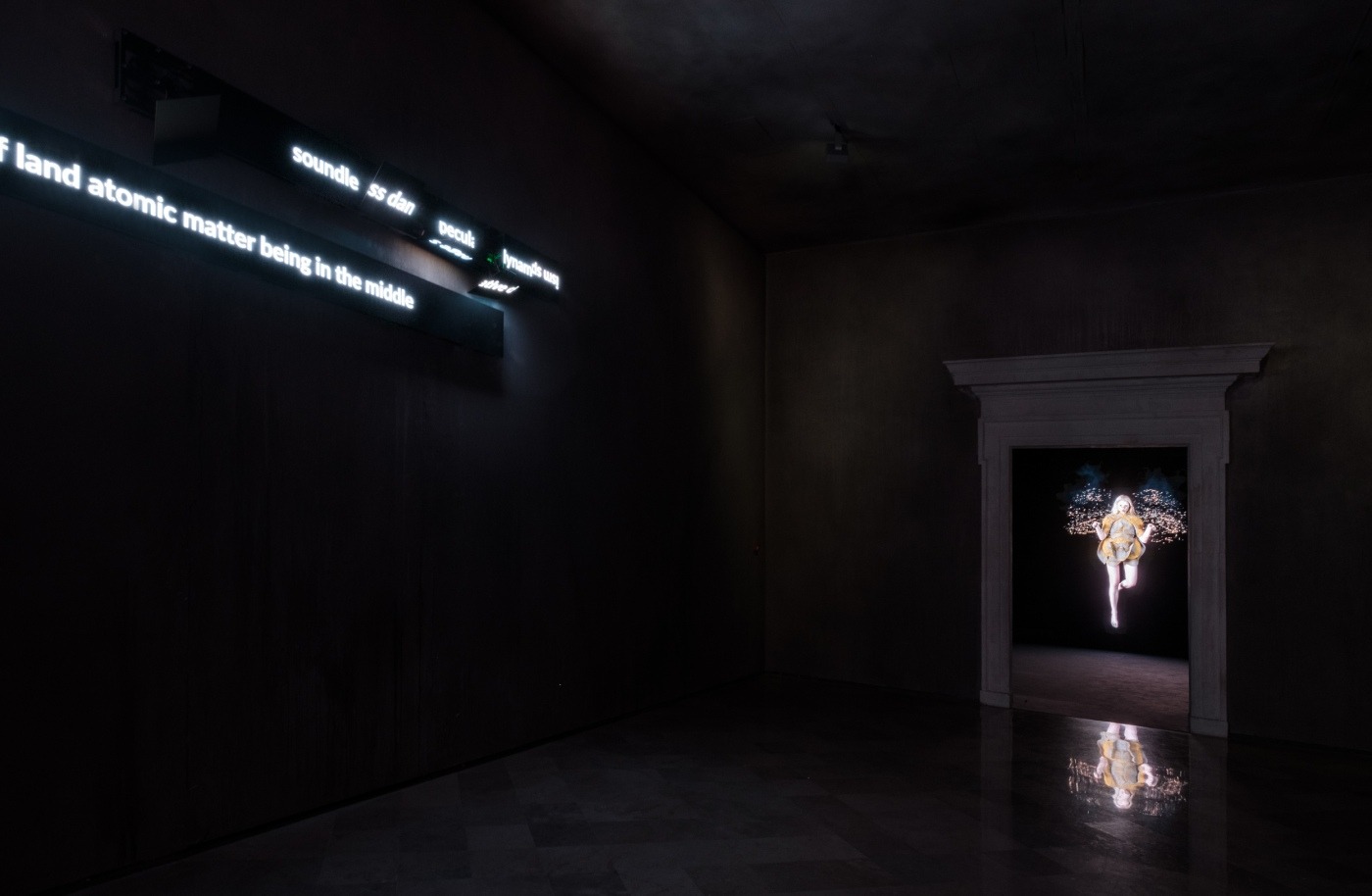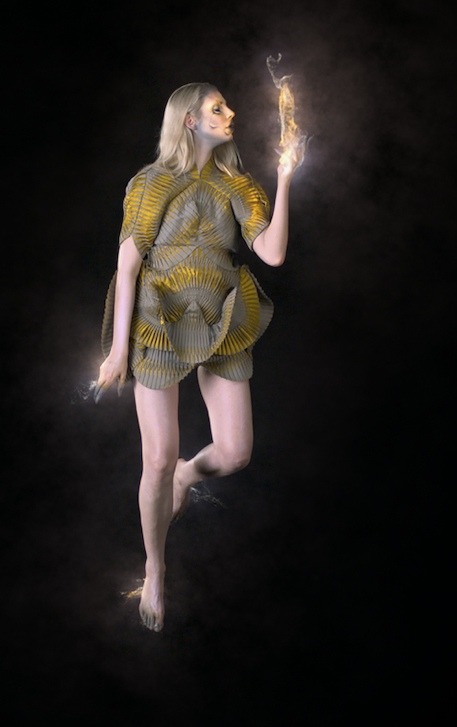Ursula Mayer
What Will Survive of Us
25 Sep 2020 - 17 Jan 2021

Ursula Mayer, What Will Survive of Us, exhibition view at Ujazdowski Castle Centre for Contemporary Art, Warsaw, 2020. Photo: Bartosz Górka

Ursula Mayer, What Will Survive of Us, exhibition view at Ujazdowski Castle Centre for Contemporary Art, Warsaw, 2020. Photo: Bartosz Górka

Ursula Mayer, What Will Survive of Us, exhibition view at Ujazdowski Castle Centre for Contemporary Art, Warsaw, 2020. Photo: Bartosz Górka

Ursula Mayer, What Will Survive of Us, exhibition view at Ujazdowski Castle Centre for Contemporary Art, Warsaw, 2020. Photo: Bartosz Górka

Ursula Mayer, What Will Survive of Us, exhibition view at Ujazdowski Castle Centre for Contemporary Art, Warsaw, 2020. Photo: Bartosz Górka

Ursula Mayer, What Will Survive of Us, exhibition view at Ujazdowski Castle Centre for Contemporary Art, Warsaw, 2020. Photo: Bartosz Górka

Ursula Mayer, What Will Survive of Us, exhibition view at Ujazdowski Castle Centre for Contemporary Art, Warsaw, 2020. Photo: Bartosz Górka

Ursula Mayer, What Will Survive of Us, exhibition view at Ujazdowski Castle Centre for Contemporary Art, Warsaw, 2020. Photo: Bartosz Górka

Ursula Mayer, What Will Survive of Us, exhibition view at Ujazdowski Castle Centre for Contemporary Art, Warsaw, 2020. Photo: Bartosz Górka
Distant sci-fi scenarios have now become our reality. Today, it is impossible to uphold a clear division between nature and culture. We live in the future in which humans are no longer the measure of all things, but just an element of the universe. Ursula Mayer’s first solo exhibition in Poland, What Will Survive of Us at the Ujazdowski Castle Centre for Contemporary Art, explores this new world emerging following a post-humanist breakthrough.
The exhibition resembles a living organism, a temple, or the set design of a sci-fi film. A water-pumping system which connects rooms divided according to the five elements. It is a space that engages all the senses, a space filled with the smell of earth; the walls are painted with clay and ash. Here, technology and biology define the shape of a new realm governed by an algorithm.
In Mayer’s art, the existing divisions do not apply and the borders of our community expand. In an era of rapid technological progress and the climate catastrophe, all values, rules, and basic definitions are constantly changing. We are no longer autonomous, finite identities, but rather we are becoming through our relationships with non-human beings and machines. Technology frees our bodies from the limitations of nature, but at the same time is a tool of control and reduces our sphere of freedom. Mayer examines the kaleidoscope of these changes. In her new work, created for the Ujazdowski Castle Centre for Contemporary Art, Mayer refers to the new post-humanist ontology and the works of such academics as Rosi Braidotti and Donna Haraway. She also draws from the philosophy of science, Eastern cosmology, and the works of science fiction writers such as Octavia E. Butler and Ursula K. Le Guin.
Ursula Mayer’s practice spans a range of media, including film, video, and sculpture. In her work, she combines myth, biopolitics, and the semiotics of cinema in order to visualise and ruminate upon future, post-human ontology. Her solo exhibitions include Atom Spirit, Salzburger Kunstverein, Salzburg, Austria (2017); To What I Might Become, Moderna Museet, Malmoe, Sweden (2015); But We Loved Her, 21er Haus, Vienna, Austria (2013). Recently, Mayer’s works have been included in the 16th Istanbul Biennale, Istanbul (2019); Rewriting The Future, Site Gallery, Sheffield, England (2019); Be Fragile! Be Brave!, Estonian Centre for Contemporary Art, Tallin, Estonia (2017); SeMA Biennale, Mediacity Seoul, South Korea (2016), and The New Human, Moderna Musseet, Stockholm, Sweden (2016). Mayer is the recipient of the prestigious Jarman Award (2014) and the Otto Mauer Prize (2007).
The exhibition resembles a living organism, a temple, or the set design of a sci-fi film. A water-pumping system which connects rooms divided according to the five elements. It is a space that engages all the senses, a space filled with the smell of earth; the walls are painted with clay and ash. Here, technology and biology define the shape of a new realm governed by an algorithm.
In Mayer’s art, the existing divisions do not apply and the borders of our community expand. In an era of rapid technological progress and the climate catastrophe, all values, rules, and basic definitions are constantly changing. We are no longer autonomous, finite identities, but rather we are becoming through our relationships with non-human beings and machines. Technology frees our bodies from the limitations of nature, but at the same time is a tool of control and reduces our sphere of freedom. Mayer examines the kaleidoscope of these changes. In her new work, created for the Ujazdowski Castle Centre for Contemporary Art, Mayer refers to the new post-humanist ontology and the works of such academics as Rosi Braidotti and Donna Haraway. She also draws from the philosophy of science, Eastern cosmology, and the works of science fiction writers such as Octavia E. Butler and Ursula K. Le Guin.
Ursula Mayer’s practice spans a range of media, including film, video, and sculpture. In her work, she combines myth, biopolitics, and the semiotics of cinema in order to visualise and ruminate upon future, post-human ontology. Her solo exhibitions include Atom Spirit, Salzburger Kunstverein, Salzburg, Austria (2017); To What I Might Become, Moderna Museet, Malmoe, Sweden (2015); But We Loved Her, 21er Haus, Vienna, Austria (2013). Recently, Mayer’s works have been included in the 16th Istanbul Biennale, Istanbul (2019); Rewriting The Future, Site Gallery, Sheffield, England (2019); Be Fragile! Be Brave!, Estonian Centre for Contemporary Art, Tallin, Estonia (2017); SeMA Biennale, Mediacity Seoul, South Korea (2016), and The New Human, Moderna Musseet, Stockholm, Sweden (2016). Mayer is the recipient of the prestigious Jarman Award (2014) and the Otto Mauer Prize (2007).

